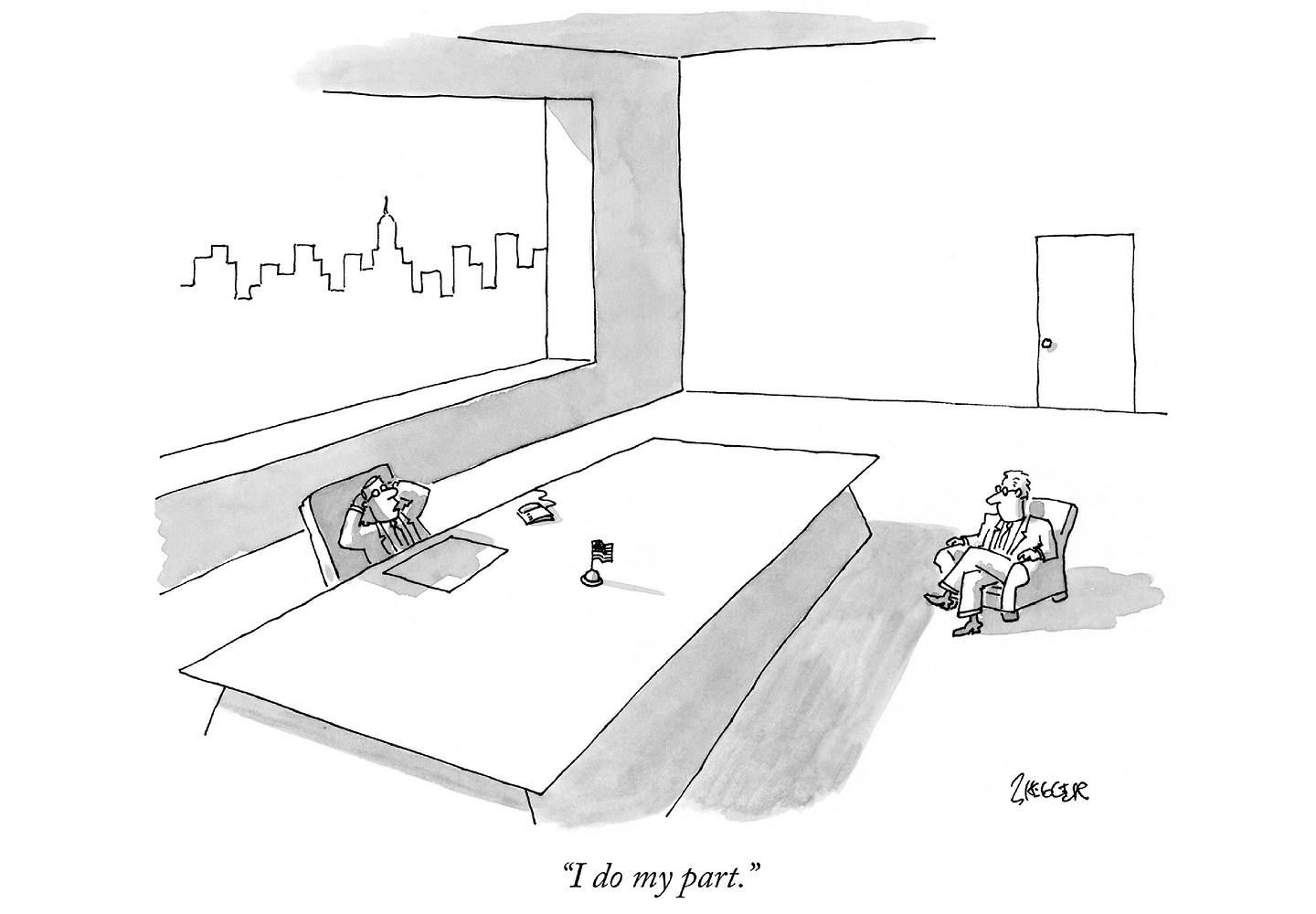Let’s pause and take a deep breath. CMOs are senior line executives, just as Army generals are senior line military officers. Each has the leadership and managerial responsibilities to organize and mobilize their resources for victory, using the resources and weapons at their disposal.
What is victory in today’s marketing world? How can it be achieved? What kind of leadership must CMOs show? These subjects are much less written about than the sexy nature of the weapons that might be deployed.
Victories are needed. Legacy brands are languishing in the marketplace, and CMOs come and go with frightening regularity. Try this experiment: Do a Google search of the words “Company X growth problems” and fill in “Company X” with a random company of your choice, such as Nestle, General Mills, Coca-Cola, PepsiCo, Kraft, General Motors, American Express, Unilever, P&G, Budweiser, MillerCoors, Walmart, Bank of America, etc. Don’t stop there. Try any company. There’s a lot of underperformance in today’s marketplace.
CMOs have a tough time convincing their bosses that they have solutions for brand stagnation and justifications for their spend levels on media, agencies and production. They have not shown the necessary expertise in mobilizing their marketing weapons to achieve victories in the marketplace. Instead, they’ve been experimenting (or even blowing smoke) with marketing tactics: They’ve hired and fired agencies at a rapid rate, benchmarked agency costs, cut agency fees, experimented with different mixes of “working vs non-working costs,” created in-house agencies, grown their digital and social scopes of work -- engaging in a veritable frenzy of activities without much strategic coherence or positive effect.
Their frantic activities may have made things worse. One thing is certain: In the quest for lower costs (as a substitute for improved growth) they have handed off the responsibility for agency management to procurement, commoditized their ad agency partnerships, increased the complexity of their agency portfolios and reduced the quality of advice that they might have otherwise received. There are reasons for this, of course. Agencies failed to diversify and become expert across the wide range of marketing disciplines that have emerged over the past decade. Advertisers had little choice but to increase the number of specialized agencies with whom they worked.
But things are changing. Holding company relationships offer fully-integrated services. Individual agencies, large and small, now have broader capabilities. Ogilvy & Mather is reorganizing its fragmented portfolio of businesses to enhance its integration game. Other large agencies may move in the same direction.
This is a good time for CMOs to step back and think about how to achieve victory in a more strategic way.
CMOs should, I think, recognize and follow-through with the following:
- Accept that their No. 1 priority is to organize, with confidence, “strategic growth plans” for their underperforming brands.This means developing an understanding of the reasons for current brand underperformance and setting higher goals for “full performance achievement” over the next 3-5 years. It also requires rethinking the nature of client-agency relationships.
- Simplify their complex portfolios of diverse ad agencies, and charge a designated lead agency or holding company with the clear mission “to work as a long-term strategic partner to develop an annual plan of media spend/mix and Scope of Work deliverables that has the highest probability of achieving full performance potential.” Raise the standard for the concept of the client-agency relationship. Hold the agency accountable for the quality of the growth plans they recommend and the effectiveness of the work they carry out and abandon the current practice of making media and SOW decisions internally and using agencies as mere executors of SOW deliverables at the lowest possible price.
- Pay the agencies for the work you plan together.Rate card pricing by deliverable focuses both parties on designing the amount and kind of work that needs to be done to achieve marketing goals. Focusing on the work and on its value rather than on hours or overhead rates puts the emphasis where it belongs: on the program of work that is expected to make a difference for brand performance.
Getting the relationship right by organizing it around “brand growth” is a better bet for CMOs than generating improved results by cutting costs.
Let’s face it. CMOs are terminated or quit at the same rate as their agencies, or every 2-4 years. Both have failed to create confidence that their efforts increase shareholder value. The current way of working has failed.
Why not innovate with the consulting-like concept of performance-based strategic partnerships and plan together how brand growth will be achieved? Solving the problem jointly will lead to better jointly-agreed solutions for media spend, media mix and the composition of Scopes of Work.
CMOs can lead this change. First, though, they’ll need to take back relationship control from procurement. It’s the kind of leadership that underperforming advertisers need today.
Cartoon Credit: Jack Ziegler, The New Yorker, The Cartoon Bank. With permission.
Click the social buttons above or below to share this story with your friends and colleagues.
The opinions and points of view expressed in this article are exclusively the views of the author and/or subject(s) and do not necessarily represent the views of MediaVillage.com/MyersBizNet, Inc. management or associated bloggers.




